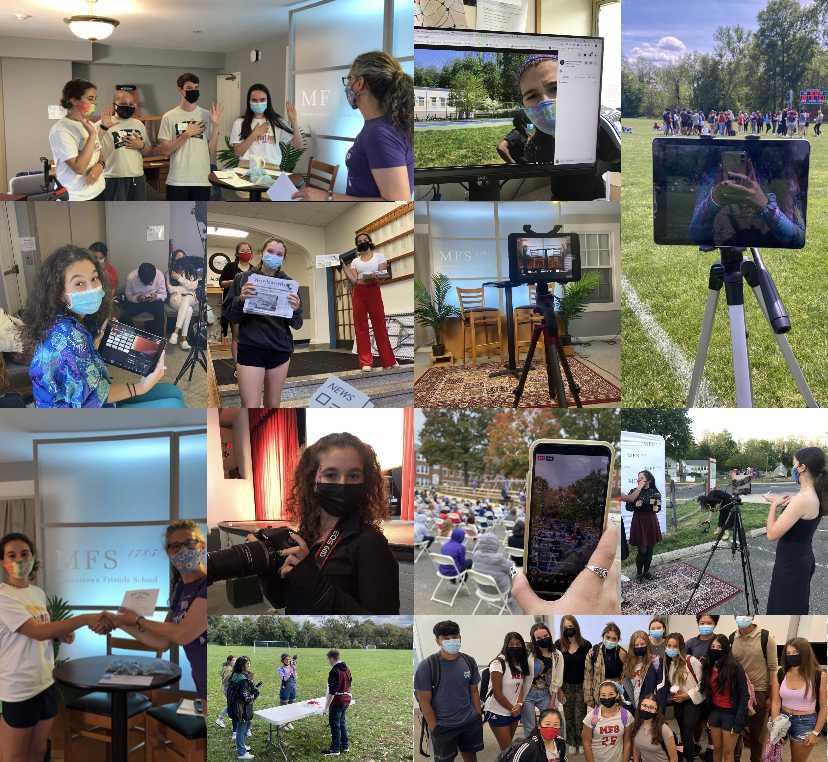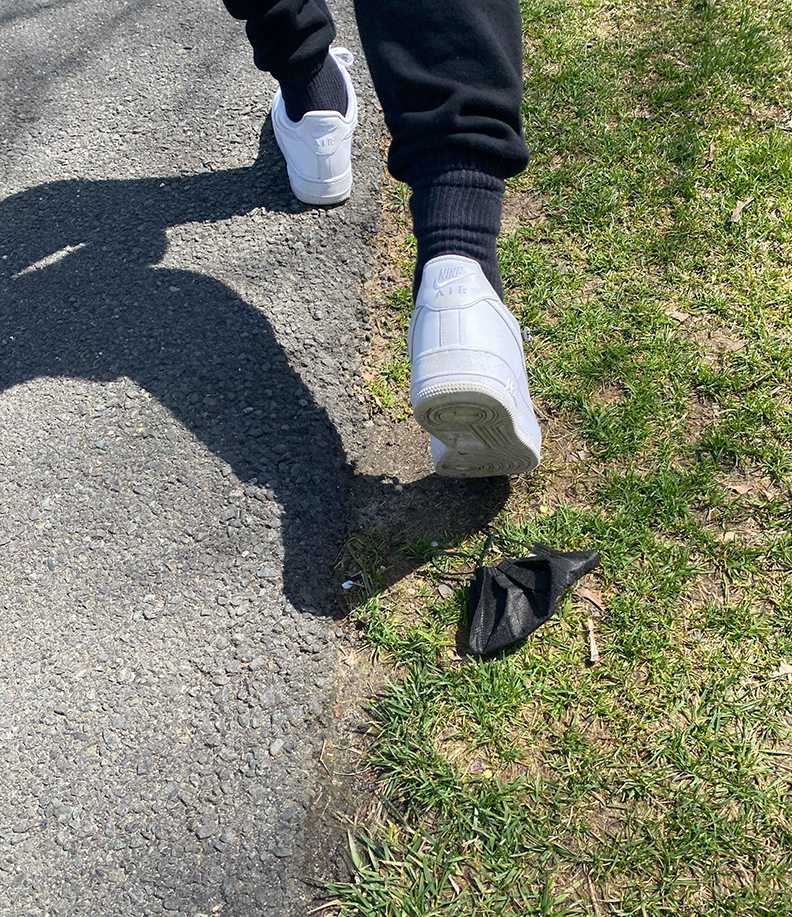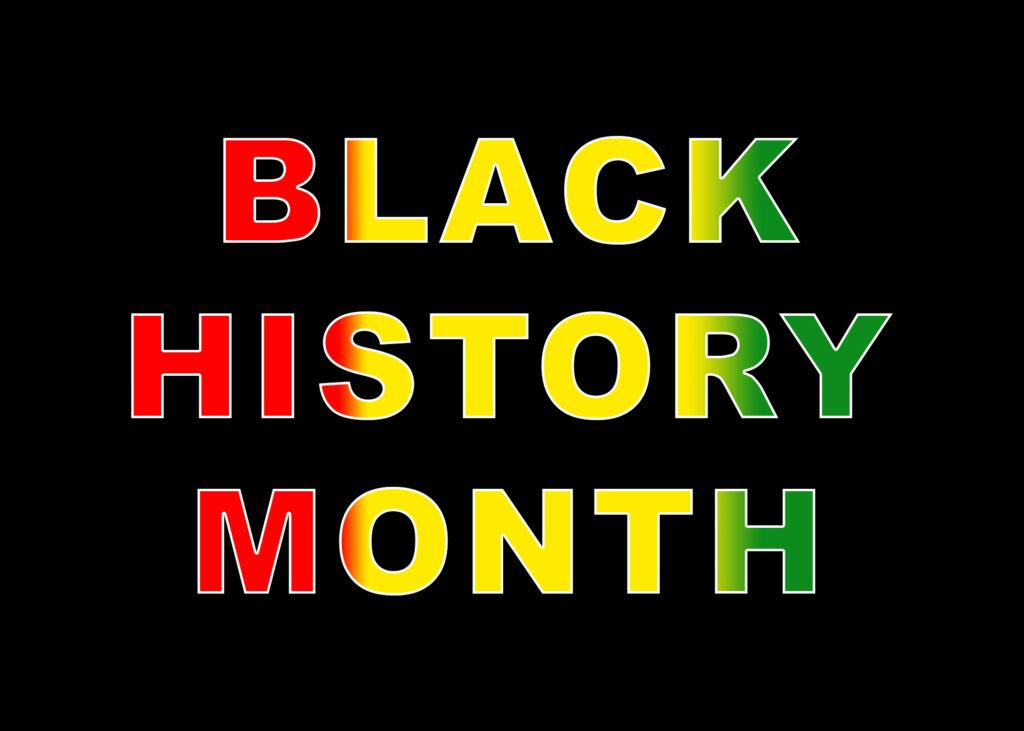
In Laurie Halse Anderson’s Speak, high school freshman Melinda is sexually assaulted at a party over the summer. As the school year progresses and the story is told, readers witness Melinda’s downward spiral that resulted from her assault and the fact that she told no one. In recent weeks, we as a country closely watched as the saga surrounding Brett Kavanaugh’s Supreme Court confirmation unfolded. To be honest, it was painted in such a way that at times, it seemed like a soap opera or telenovela. After Kavanaugh was confirmed, I read an article about the relevance of Speak in the world we live in right now. When Anderson interviewed people who had read her book, she was shocked to see that the men were honestly shocked by how upset Melinda was after being raped. They wondered why she was upset. In relation to the Kavanaugh hearings, there is a feeling of apathy surrounding the entire controversy that made me wonder why is sexual harassment of all degrees considered so normal, and why it has been accepted for so long. I realized that this normalcy needs to change.
We are living in an era of change, where people are sharing their stories and voicing their opinions more than ever. While there are many issues that are incredibly important to us today, addressing the culture of harassment and assault that is now a “norm” should be at the top of the list. It hurts to know that I may be harassed or even raped, and all that would ever come from it would be an attempt to cover up what had happened. Out of every 1000 instances of rape, only 13 ever reach a prosecutor, and only seven of those perpetrators receive a felony conviction. I know that there are some things that I don’t fully understand when it comes to the U.S. legal system regarding sexual harassment cases, but I know that I get sick every time I read an article about another person who has been harassed, another perpetrator who has been let loose on the streets, or another woman who is not believed and told that she misinterpreted what may or may not have happened. In reaction to accusations against him, Harvey Weinstein said that when he was growing up in the 1960s and 70s, accepted behavior had a different meaning. That was his justification for some of his actions, and while there are investigations going on, there are simply too many women coming forward for there to be not one truth among all of them. What struck me about Weinstein’s statement is that this behavior of touching someone inappropriately or continuing to do something that makes them uncomfortable was, and is, deemed normal.
The #MeToo movement is a step in the right direction. This movement provides a platform for women to share their stories, and a support network for those women when they are questioned. The #MeToo movement shows that there is hope for us yet. Maybe by the time I have kids or grandkids, the normalcy of sexual harassment will be a thing of the past. Maybe young girls won’t have to be warned against wearing certain clothing or acting a certain way for fear of something happening to them. Maybe as a society, we’ll all be more open. Humans can do unspeakable things to one another; that is unavoidable. How we react to what goes on around us is what we will be judged by in the future… And we shouldn’t react to sexual harassment in all forms like it’s normal.
If you would like to respond publicly to this op-ed, send a Letter to the Editor to [email protected]. The views expressed in this piece do not necessarily reflect the views of all staff members of WordsWorth.












